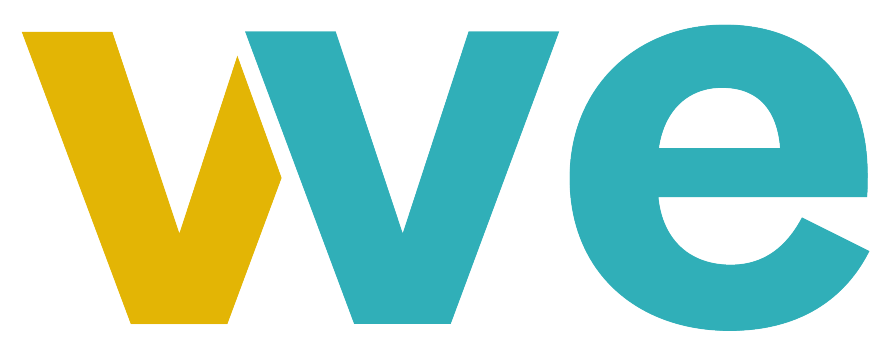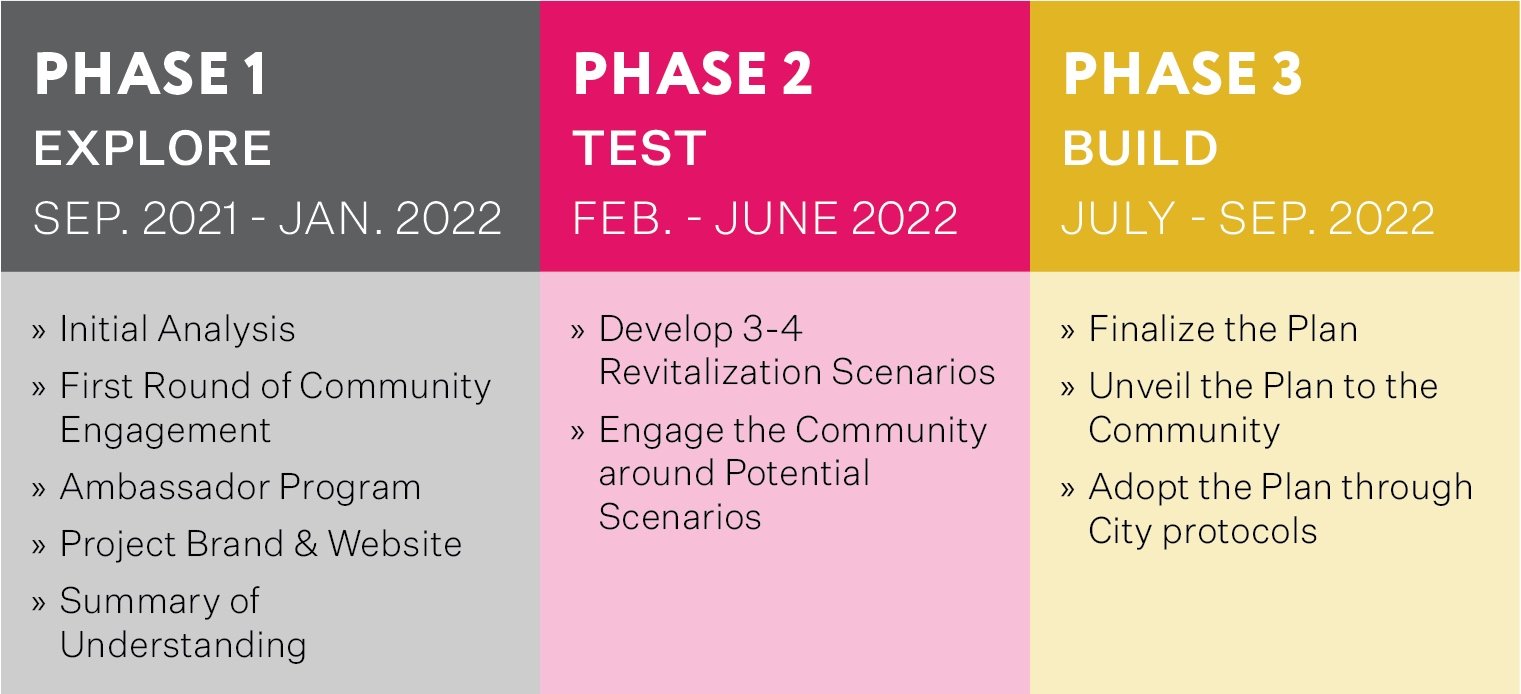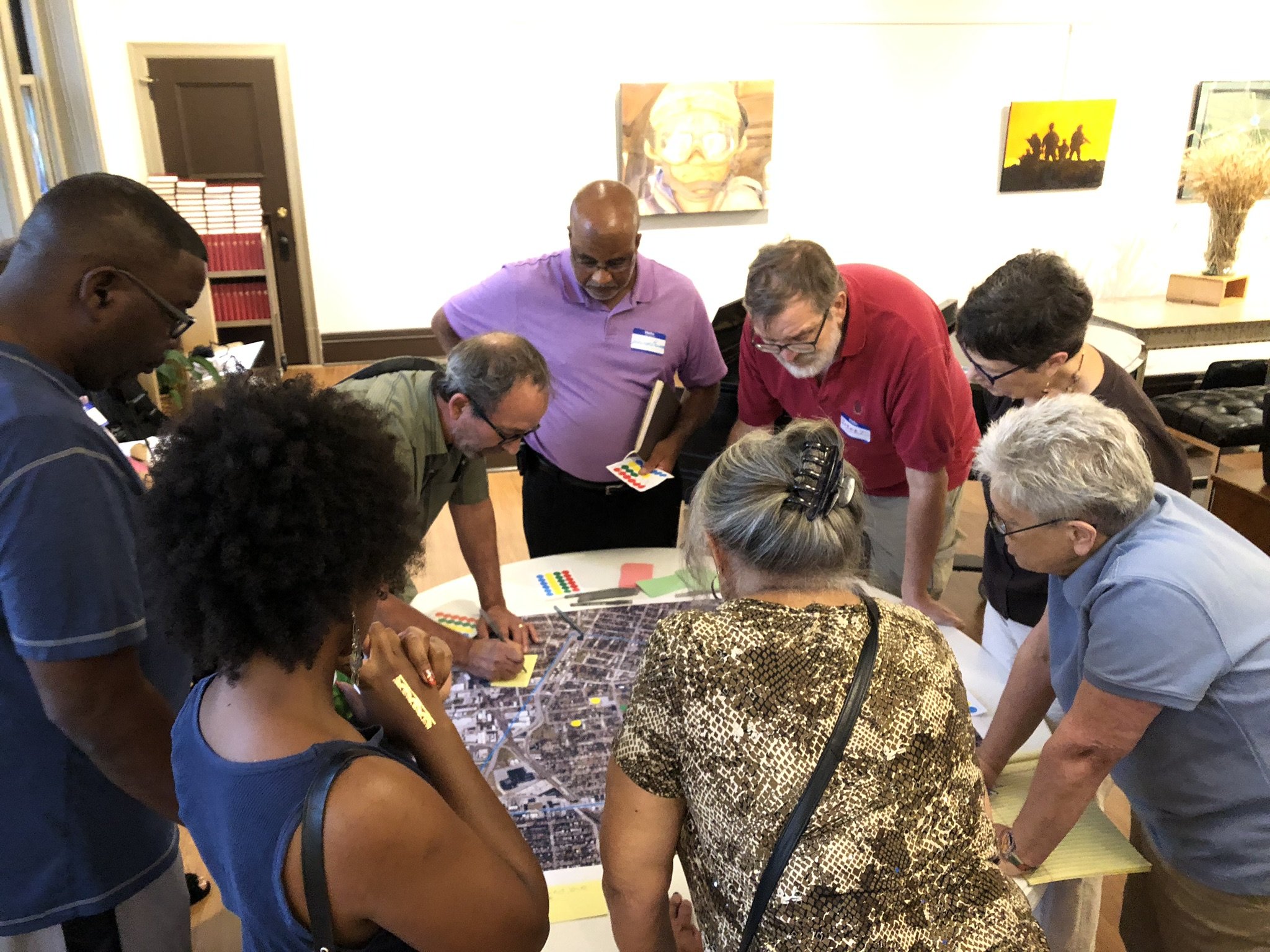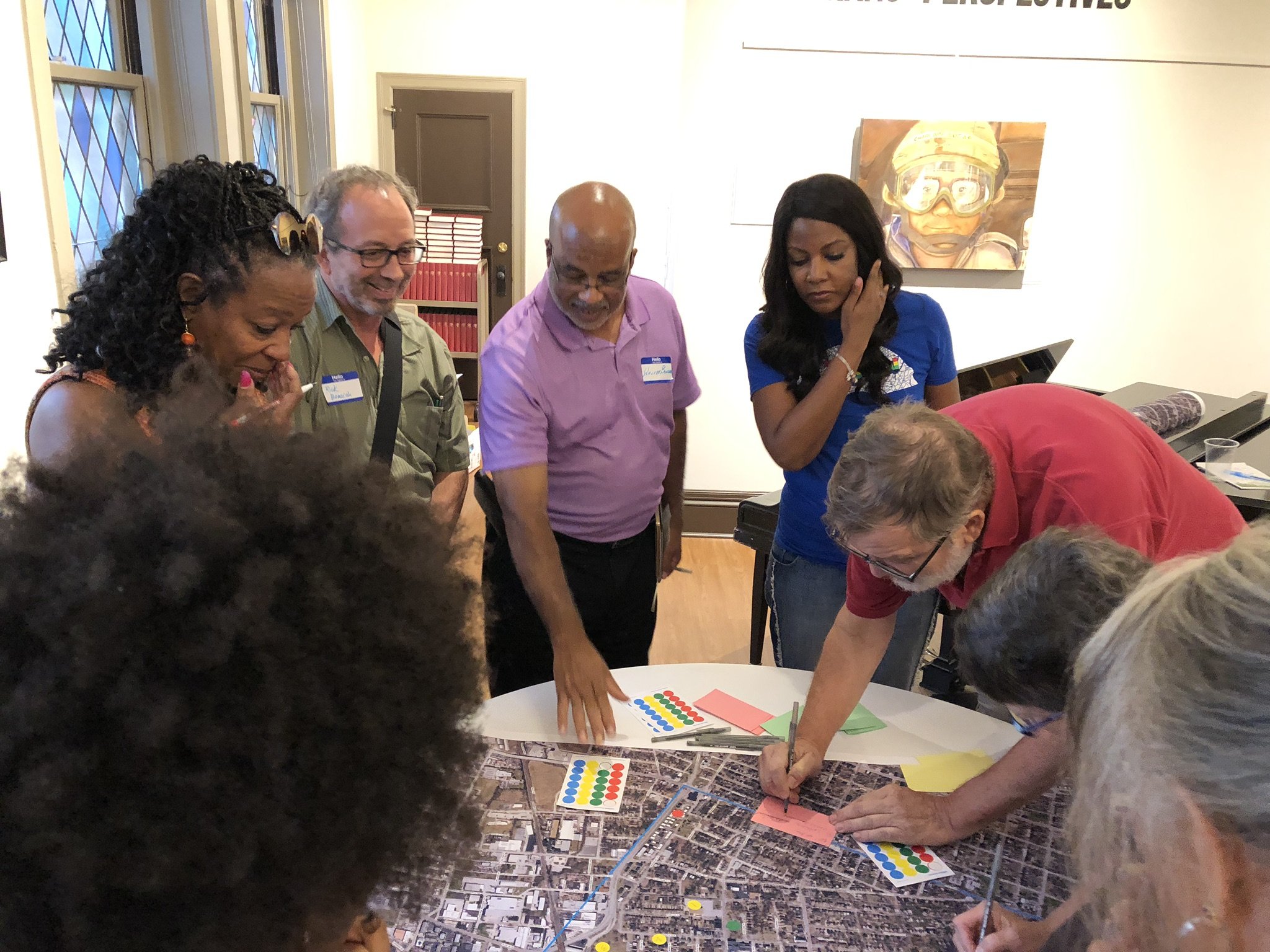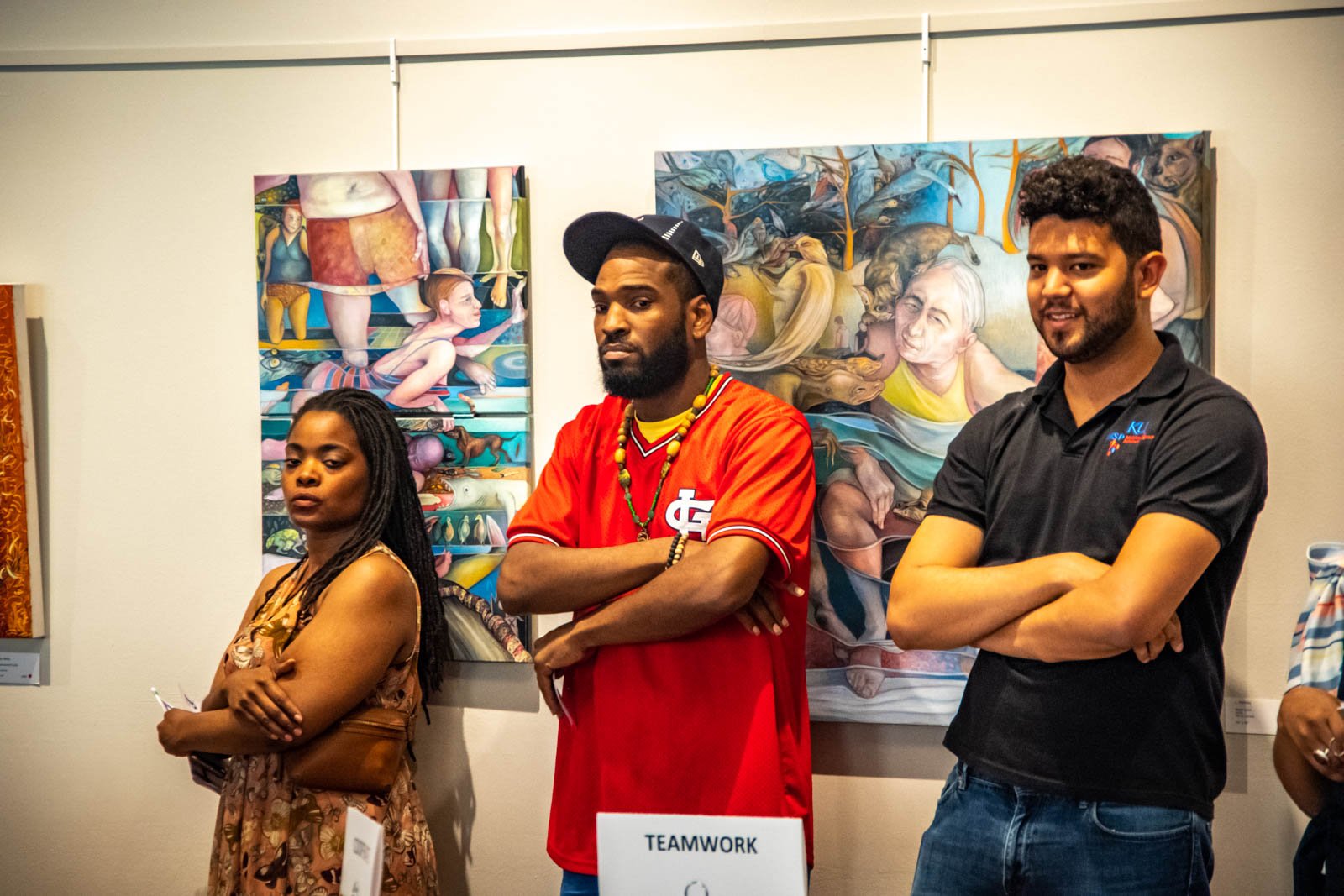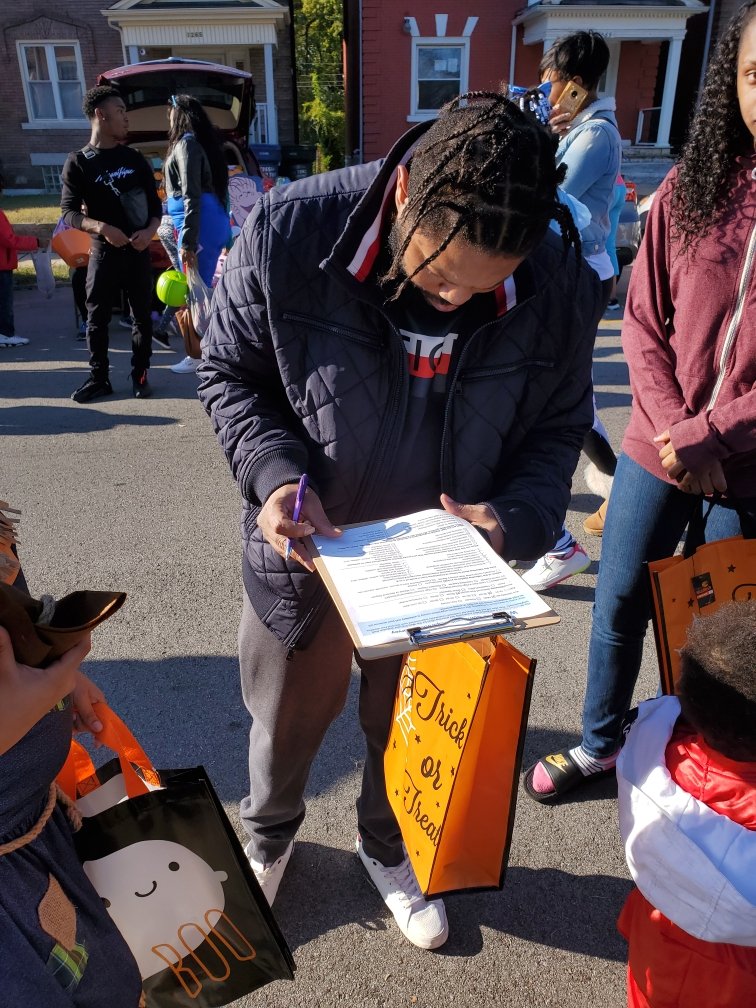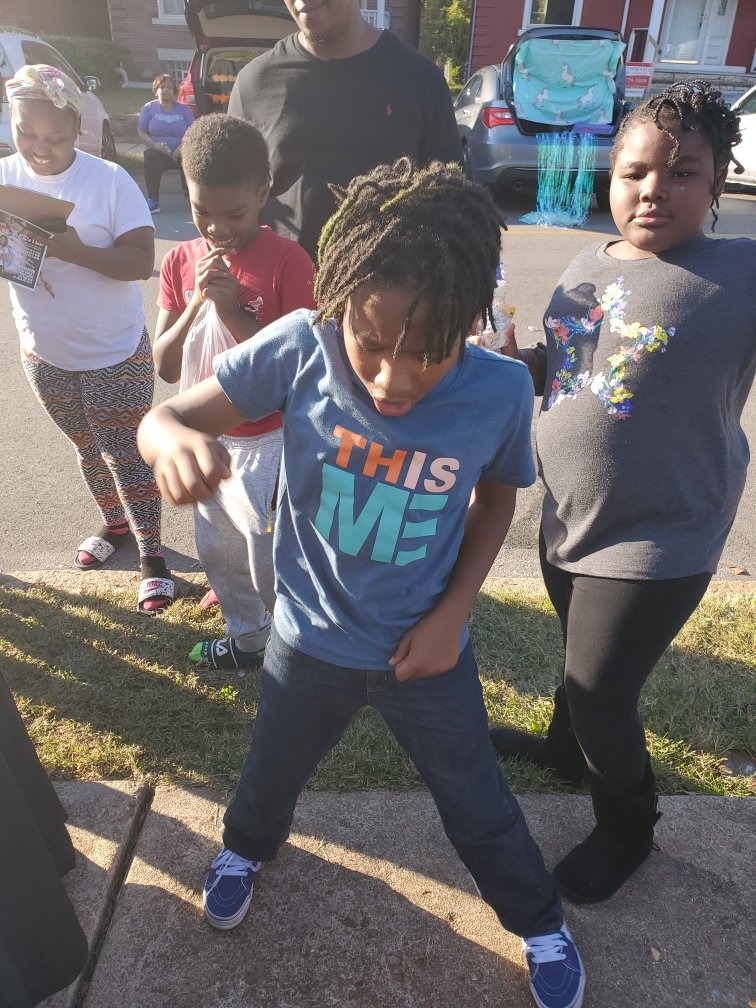Sign Up to Become a weCollab Community Ambassador!
Sign Up to Become a weCollab Community Ambassador!
Sign Up to Become a weCollab Community Ambassador! Sign Up to Become a weCollab Community Ambassador!
Click above to view the full plan
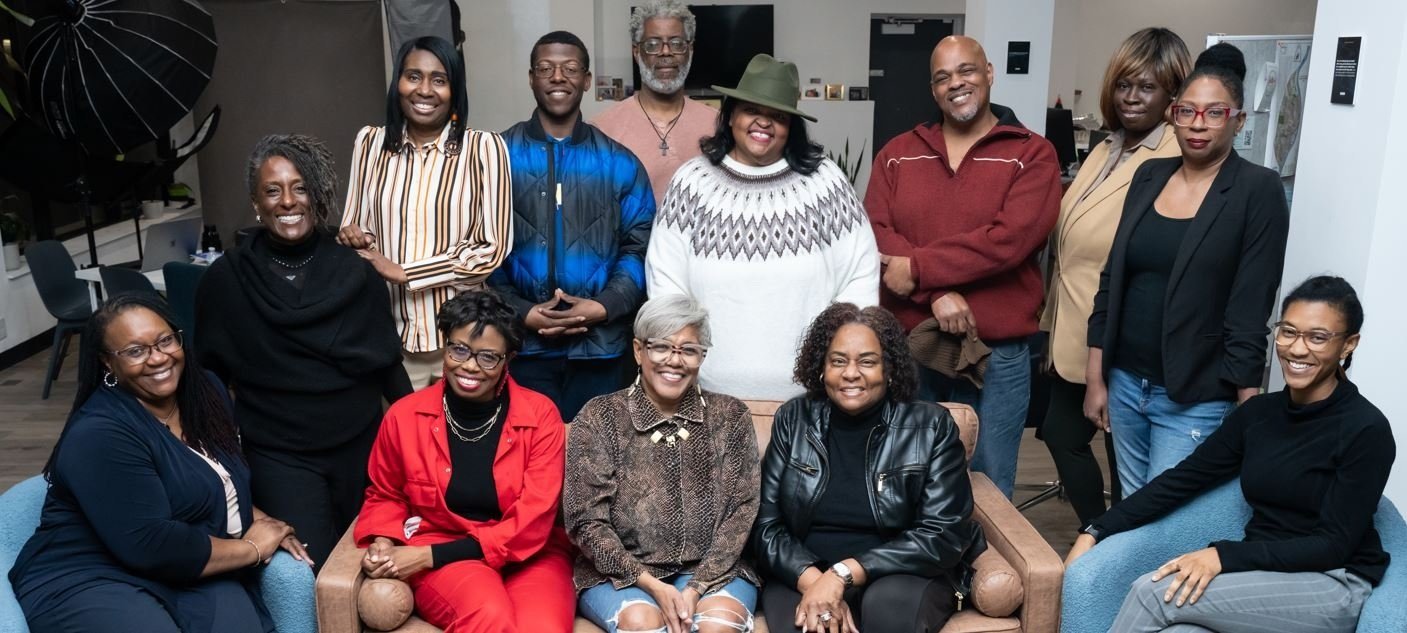
Resident-led Implementation
The Community Vision
weCollab aspires to achieve a level of racial equity in the West End & Visitation Park Neighborhood that:
Prevents displacement of long-time residents, the elderly, and families living in poverty.
Ensures housing values, levels of educational achievement, home ownership, median household incomes, real and perceived safety, and overall well-being are comparable to or better than neighborhoods located south of Delmar.
Avoids negatively impacting the overall well-being of surrounding neighborhoods north of Page Blvd or east of Union.

I = individual.
We = community.
I am part of we.
weCollab is a plan that uses the voices of the people living in the West End and Visitation Park neighborhoods to create a community where everyone can live, work, and play.
West End & Visitation Park Implementation Committee
This past June, after years of engagement and work, the City of St. Louis officially adopted the weCollab resident-led reinvestment plan for our neighborhood! Resident leaders helped design the plan, incorporating hundreds of residents and stakeholders’ feedback about the future of the West End and Visitation Park.
It was fun, it was hard, but it was worth it.
Today, we are at a point where we have chosen the next set of leaders who can implement the plan in partnership with Cornerstone Corporation, our neighborhood CDC, as well as multiple key neighborhood agencies to guide growth and development in an organized, efficient and equitable manner.
Please welcome our new Implementation Team members!
PREVIOUS PLANNING PROCESS
In 2018, a group of West End residents mobilized to respond to a funding opportunity offered by InvestSTL. Prior to its announcement, several neighborhood leaders (i.e., neighborhood associations, public officials, etc.) had been engaged in a series of meetings to discuss the need for neighborhood planning to ensure that any and all development activities are guided by a common, shared vision of the West End residents and other stakeholders. Many believed that West End/ Visitation Park (WE/VP) was primed and ready to initiate a planning process. As stated in the InvestSTL application:
[The West End and its key stakeholders are positioned to unite a historically fragmented community and serve as a catalyst for change across the region, serving as a model neighborhood that succeeded at cultivating its resources, leveraging its neighborhood assets and building a better neighborhood together. The West End neighborhood is primed for reinvestment and, with the Invest STL Initiative, success is within arm's reach.
Upon the request of West End residents, Cornerstone Corporation agreed to serve as the convener for the planning process, providing the backbone support needed to move the process forward. As such, Cornerstone applied to InvestSTL with the support of key neighborhood stakeholders including elected officials; the three neighborhood associations serving residents within the boundaries of WE/VP; and public and private entities (e.g., Bi-State Development, Delmar Divine, Great Rivers Greenway, St. Louis ArtWorks, St. Louis Metropolitan Police Department, etc.).
Invest STL selected WE/VP for funding and the planning process began with Rise Community Development appointed as the provider of technical assistance. This initial attempt at creating a plan for WE/VP was incredibly informative and was a learning experience for the Steering Committee. Many residents participated in community engagement events both digitally and in-person, which helped to inform an initial analysis of the planning area. Residents also engaged in numerous workshops and courageous conversations about racial equity, gentrification, and equitable development.
However, the onset of the COVID-19 pandemic halted planning activities and inevitably gave time and space for deep reflection about the role of residents in the planning process, particularly those serving on the Steering Committee. With the support and assistance of InvestSTL, the Steering Committee engaged in a series of discussions to review successes and challenges to the process and to determine process improvements. These transformative discussions led to pivoting to heighten the Steering Committee's leadership role and reset the planning process, centering resident voice and racial equity.
While the initial process was paused due to a change in direction and the outbreak of COVID-19, the information gathered from residents over the last two years is directly informing the current process and the recommendations being made for WE/VP.
